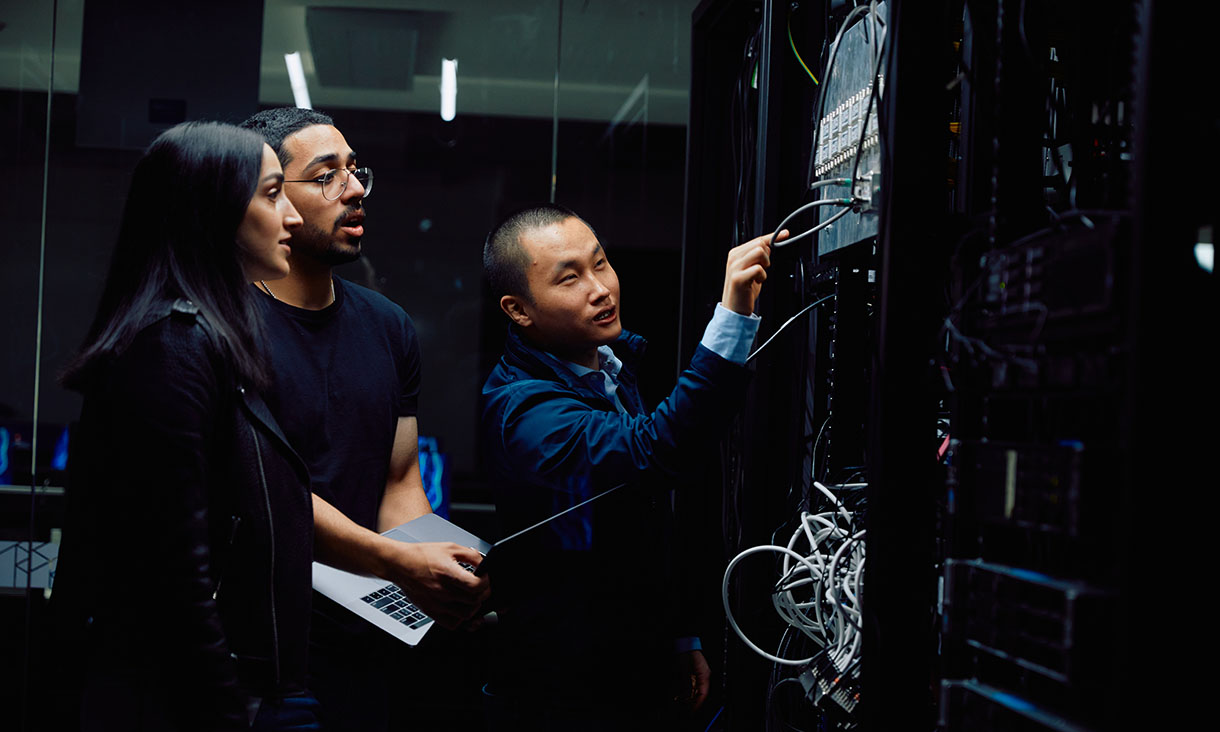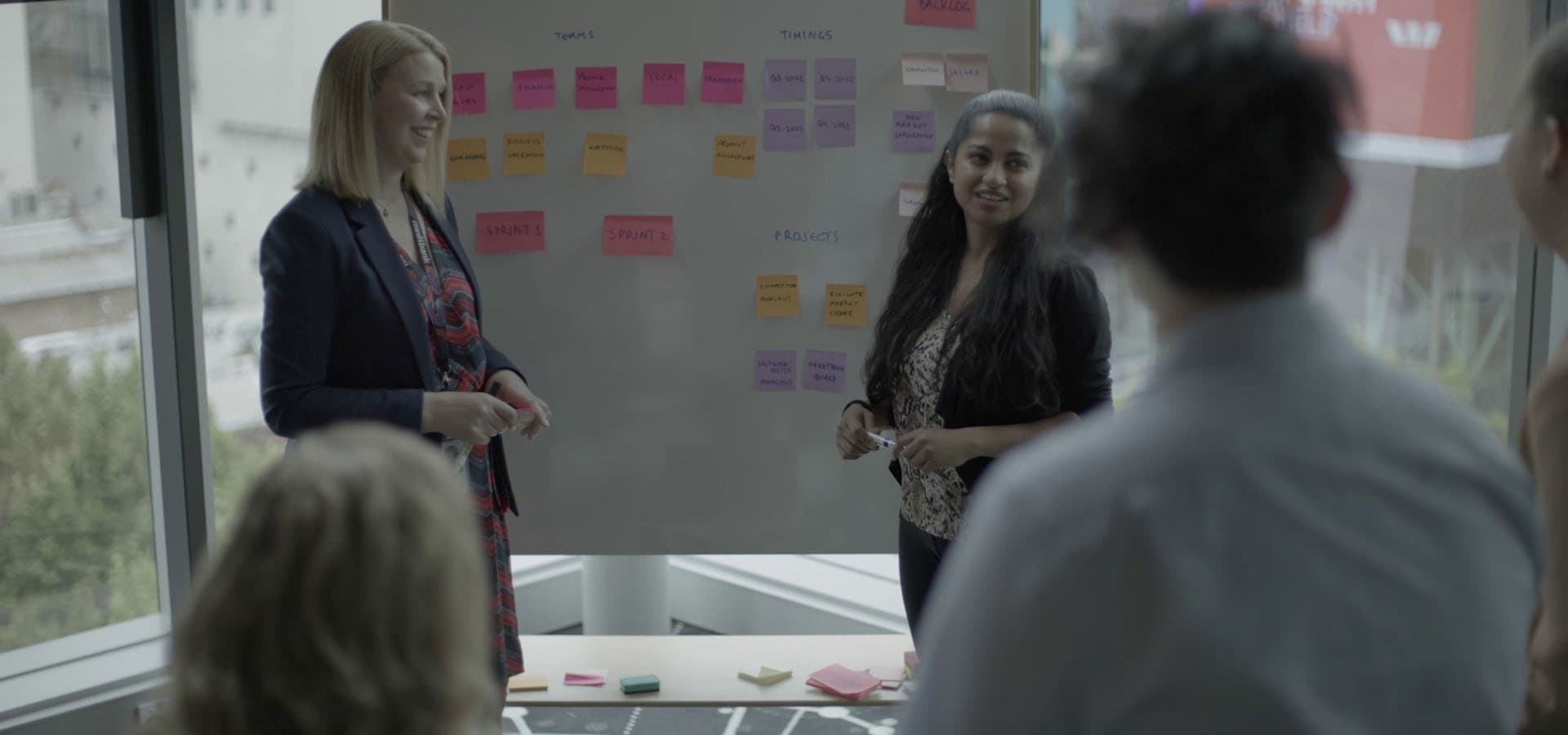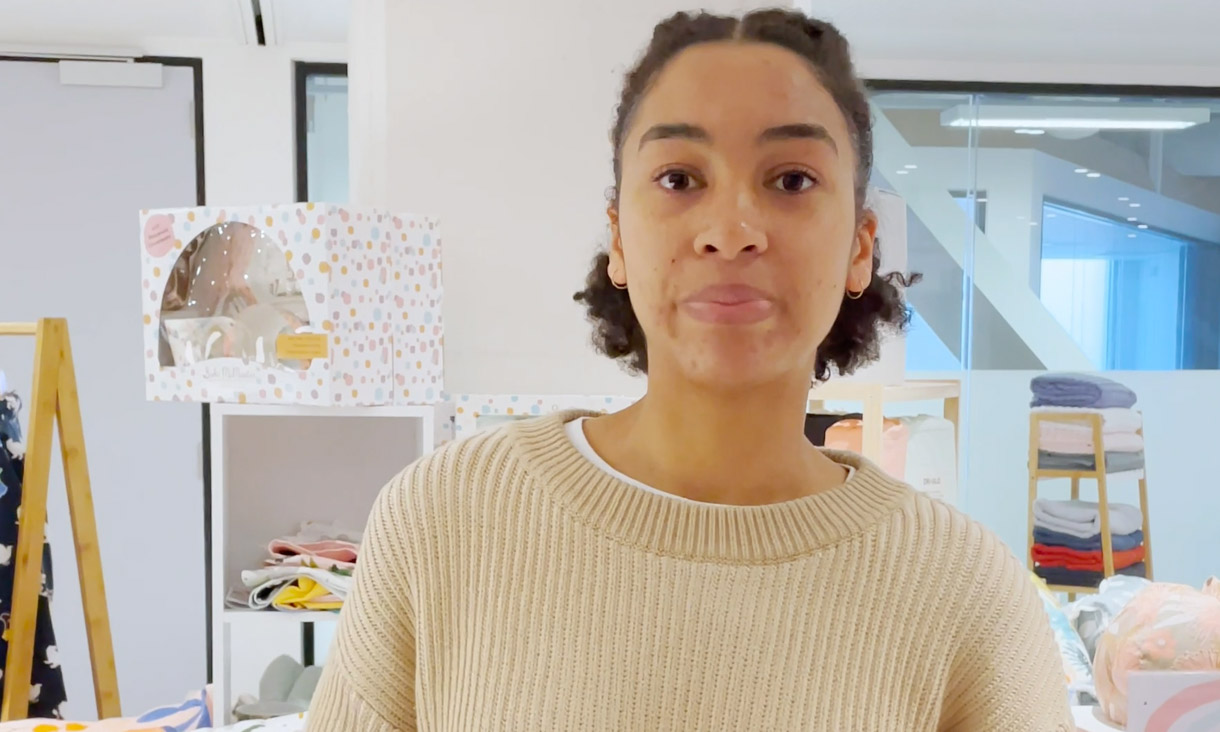Industry tells us that students need more than a qualification to launch their professional career, making it extremely beneficial for students to gain industry and work experience to stand out to future employers.
Preparing students for graduation is a top priority for RMIT University, which has secured its place in the top 100 global universities for the fifth consecutive year in 2022, while also placing 1st in Australia in the graduate employment category1.
Interim Vice-Chancellor Dionne Higgins said these results are highlighted in RMIT’s strong partnerships and reputation with employers, and the internship and placement opportunities for students.
“We focus on giving our students exceptional experiences to ensure they are set up well for life and ready to embrace and adapt to the rapidly changing world of work,” she said.
“Our strong partnerships with industry ensure we have a practical focus and are truly preparing our students to have the confidence, knowledge, and skills to succeed well beyond their university years.”

Here are four ways that you can gain industry experience and build your employability skills at RMIT.

